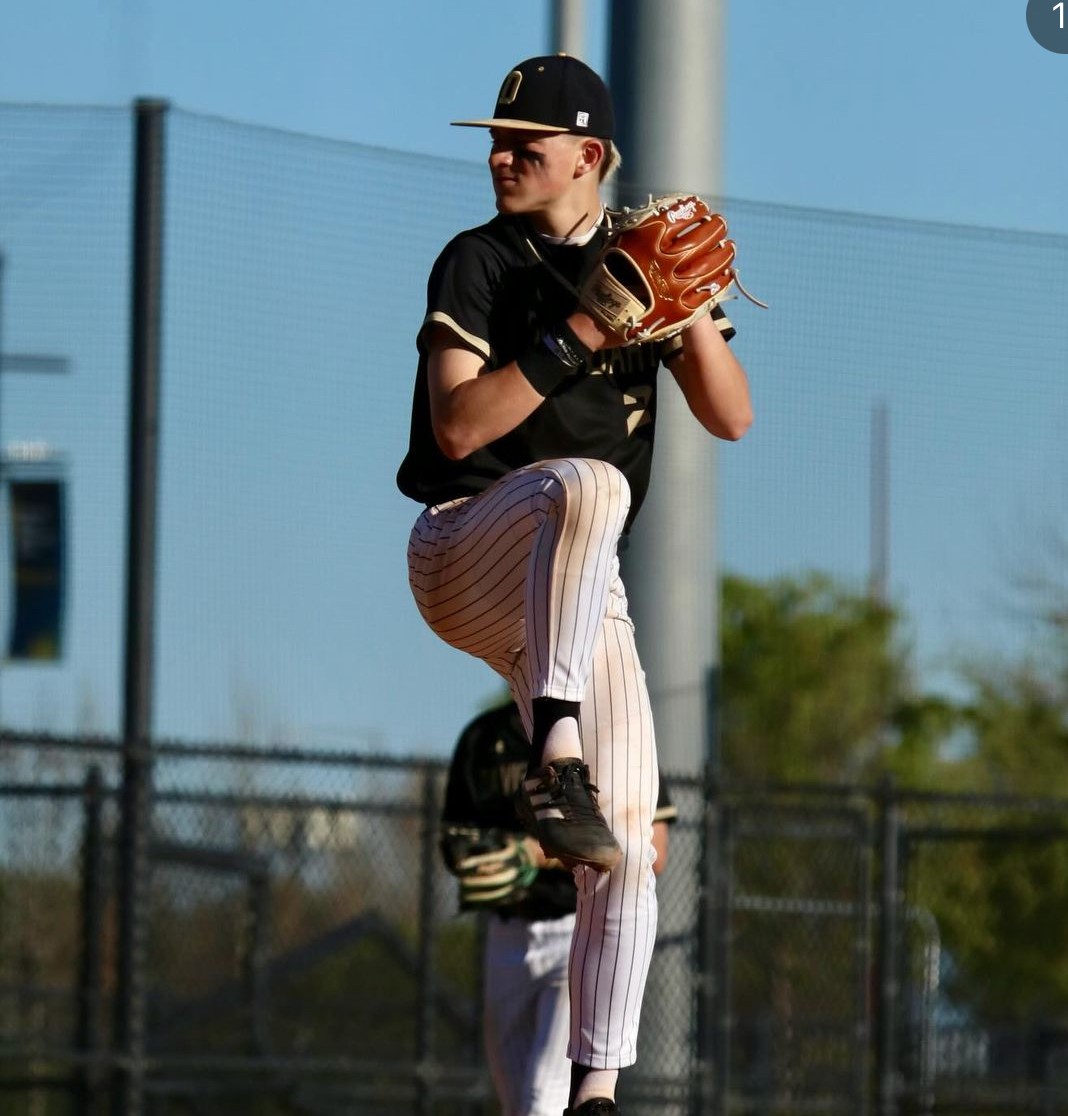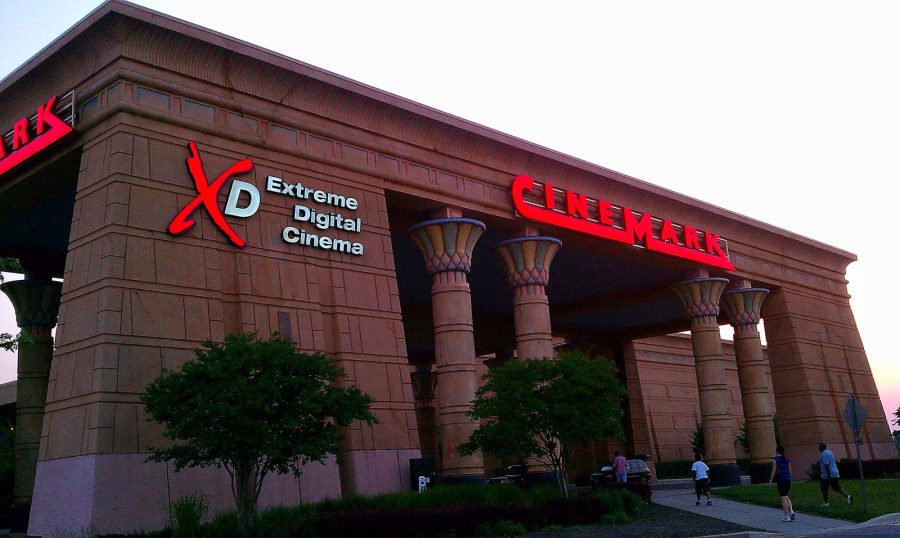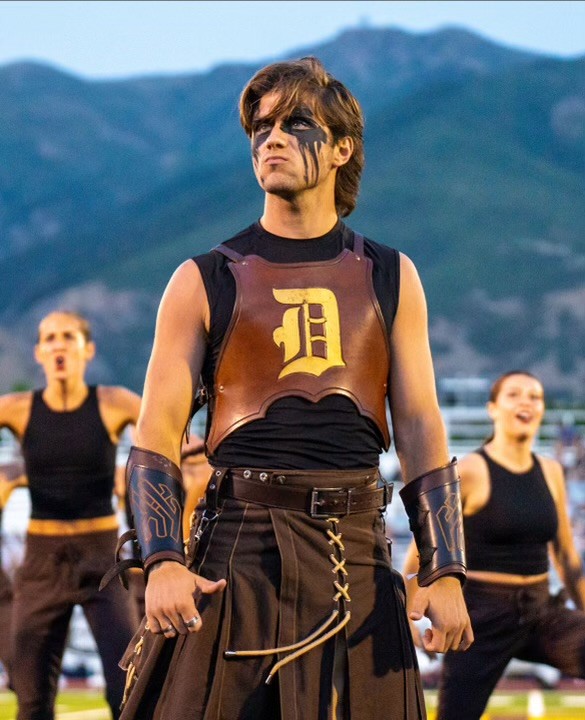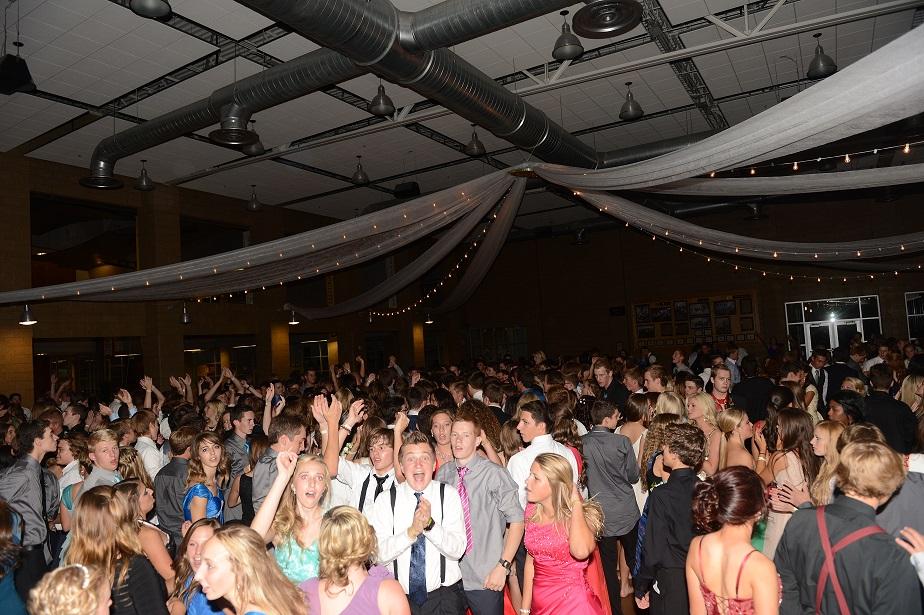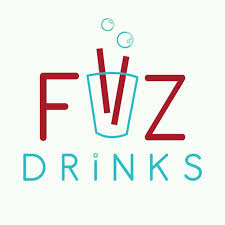Davis District transition fair offers a means for special needs students to succeed
More stories from Jake Sims
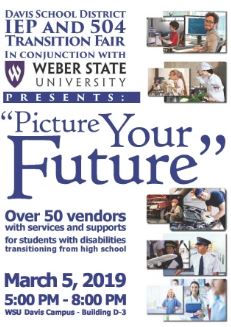
The Davis District transition fair is a venue hosted to assist special education students to help prepare for adult lives. When the event coordinators were asked if students with disabilities could be successful in life they said “Absolutely! We see it happen all the time!” It usually doesn’t just happen automatically though; it requires direct instruction, early planning, and consistent improvement. This idea must be an absolute fundamental belief of parents and educators: they can be successful and have great transition outcomes with the right training and support, and it is up to us to help guide them there. Our goal is not ‘just to get them graduated.’” they stress that people with disabilities more than have the ability to be successful. They list several famous people with disabilities that were more than successful like Albert Einstein, Tom Cruise, Walt Disney, Temple Grandin, Agatha Christie, John Denver, Winston Churchill, Charles Schwab, Vincent van Gogh, and many others.
Transition planning is what will take place at the fair. It is a focus on helping students transition from high school to adult life, such as employment, college education, and independence. In Davis School District, transition planning on the IEP officially begins in 9th grade, but age-appropriate transition activities can be done by parents and teachers much earlier! Transition planning is done by the IEP team and should take into account the student’s strengths, interests, preferences, needs, and the family’s cultural values. They are providing those with disabilities the means to become successful and happy adults.
The first step in Transition Planning it to conduct assessment. To help make informed decisions about necessary services. The assessments include surveys, observations, interviews, assignments, skills practices, etc. transition assessments give information about interests, strengths, and weaknesses, so that a person can make goals and a plan on how to accomplish them. Assessment is not just a hoop to jump through, it should be the driver for the rest of transition planning. There is no perfect assessment, just know what kind of information you want and find a way to obtain it.
The first thing that they plan to prepare for is independent living. The skills a person needs to function independently in life, and may include such areas as cooking, transportation, budgeting, safety, technology, housing, time management, social, etc.
The next step they take is employment. This step covers skills necessary for many levels of employment (i.e. competitive, self-, customized, supported, sheltered). These skills may be in areas such as career exploration and matching, applying, being on-time, following directions, associating with colleagues, etc.
The final step they take are discussions of post secondary education. This covers skills and preparation needed to attend a variety of post-secondary education settings (universities, community colleges, technical school, military, etc.). These skills may be in areas such as choosing a major, class selection, assignment completion, test-taking, organization, study skills, etc.
The transition fair will bring a number of agencies and organizations in the community to help students with disabilities through the transition process! They may provide a variety of services, including help with work skills, job placement, independent living, post-secondary education, funding, etc.
However, their services are often based on specific eligibility rather than entitlement as part of a free appropriate public education. So, it becomes the student’s/parent’s responsibility to make contact and coordinate services with them. It is usually helpful to make this contact early (late jr. high or early high school) to help begin the process, especially if there is a waiting list. With student/parent written permission, some of these agencies may be invited to attend an IEP meeting for more information.
The fair will take place on March fifth at the Weber state Davis campus at 5 PM and will end at 8 PM.





